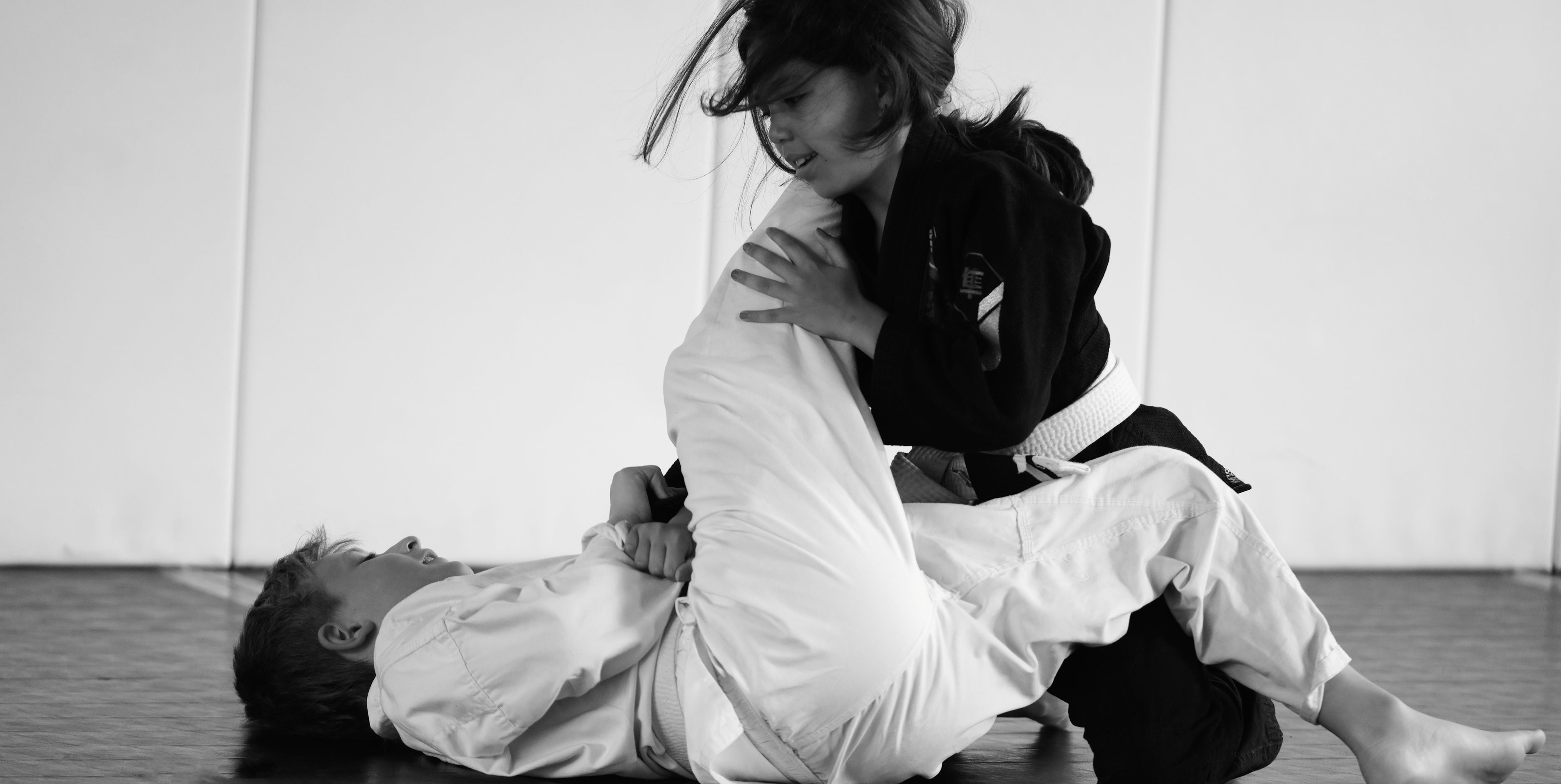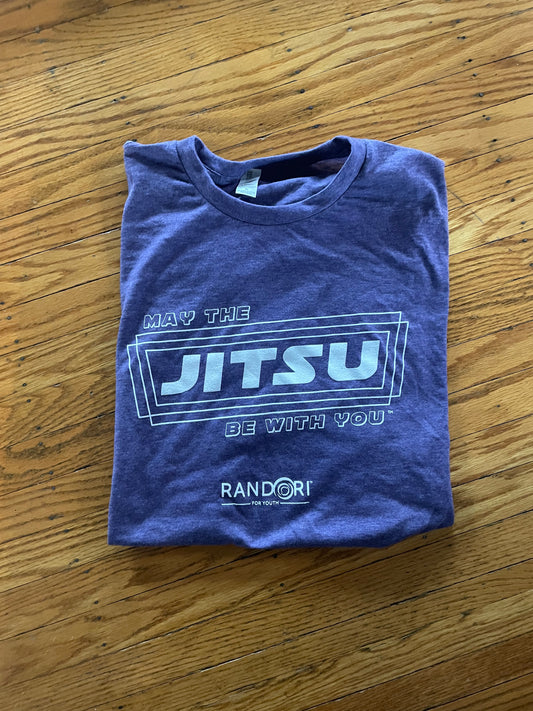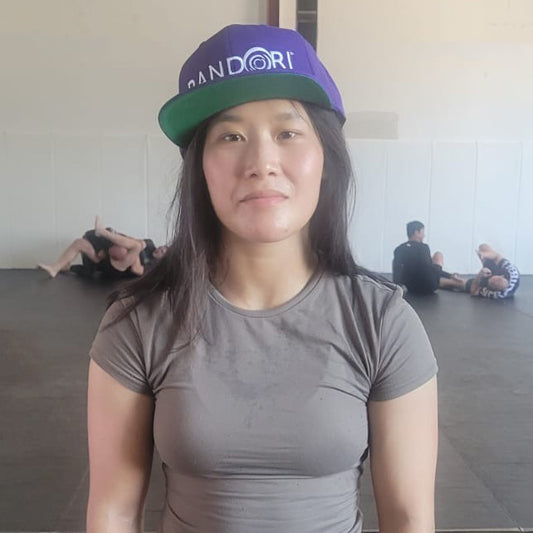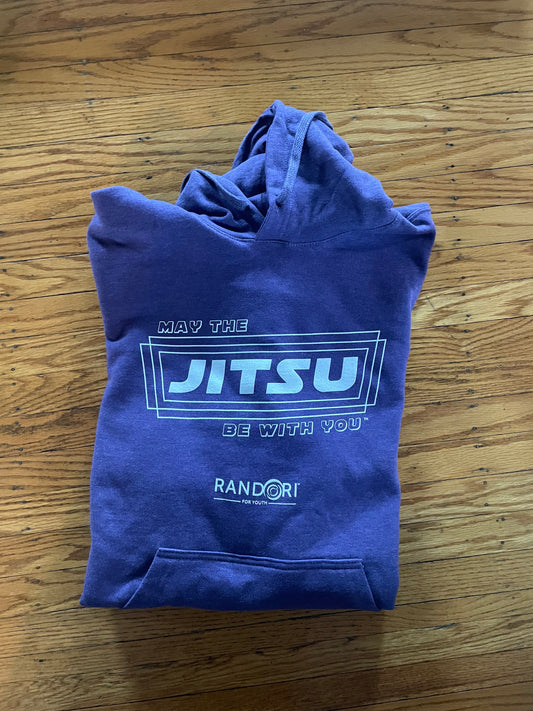
ENABLING JIU-JITSU OPPORTUNITIES FOR YOUTH
Randori means “free practice” or “rolling” with a partner.
OUR MISSION
RANDORI™ For Youth Foundation is a Canadian not-for-profit corporation based in Hamilton, Ontario, and run by volunteers.
We're dedicated to providing youth (8–21 years old) who face participation barriers with free opportunities to strengthen life skills, connectedness, and a positive mindset through the practice of Brazilian jiu-jitsu.
Our primary focus is outreach programs that meet youth in community centres where they already gather—providing mentorship and responsible social interactions in a safe, familiar space.
We can also help youth attend mainstream classes at partner gyms, and enter competitions.
-
We recruit experienced coaches and partner jiu-jitsu schools who use the ecological teaching approach and have a positive, inclusive culture.
-
We work with community organizations, teachers, school guidance professionals, social workers, and government agencies to reach appropriate youth populations.
-
We fundraise to cover 100% of costs for classes, and jiu-jitsu clothing. 100% of donations go toward our charitable objectives.
WHY JIU-JITSU?
-
After 24 weeks, 10–13-year-old males taking two jiu-jitsu classes per week (vs. control group taking traditional physical-education classes) showed significantly decreased emotional symptoms and improved behaviour.
Bueno et al., 2021
-
Five months of jiu-jitsu practice resulted in significantly decreased post-traumatic stress disorder symptoms in armed service personnel and veterans.
Willing et al., 2019
-
Higher post-cooldown oxytocin levels (natural hormone associated with trust, bonding, and empathy) in the grappling group than the "punch-kick sparring” group.
Rassovsky et al., 2019
-
Compared to striking-based sports, grappling/jiu-jitsu can be performed at a higher intensity with a lower risk of significant injuries.
Øvretveit et al., 2019
-
Male and female jiu-jitsu athletes exhibit a lower level of aggression than non-practitioners, with the greatest decrease occurring in the first 2–3 years of training.
Wojdat & Ossowsky, 2019
-
Jiu-jitsu practitioners displayed increased pro-social behaviour, self-control, and reduced aggressiveness.
Blomqvist-Mickelsson, 2021
FUNDRAISING MERCHANDISE
-
MAY THE JITSU T-SHIRT
Regular price $35.00 CADRegular priceUnit price / per -
CLASSIC SNAPBACK
Regular price $50.00 CADRegular priceUnit price / per -
MAY THE JITSU HOODIE
Regular price $45.00 CADRegular priceUnit price / per
SPONSOR LEVEL 3
Purple-belt sponsors receive a RANDORI hat and a thank-you on social media.
SPONSOR LEVEL 4
Brown-belt sponsors receive a RANDORI t-shirt, hoodie, and hat; social media thank-you post and, if desired for their business, a link on our sponsors page.
SPONSOR LEVEL 5
Black belt sponsors receive a RANDORI T-shirt, hoodie, and hat; social media thank-you post and, if desired for your business, a link on our sponsors page — plus: two-hour tailored jiu-jitsu lesson (choose from introductory, practical self defence, or advanced techniques for those with jiu-jitsu experience).
CORAL BELT SPONSORS
Coral-belt sponsors are individuals or companies offering game-changing donations. For example: $5,000 will provide two terms of jiu-jitsu training for 20 youth.
You receive:
RANDORI T-shirt,hoodie, and hat
Dedicated thank-you posts on social media
A selection of jiu-jitsu classes for your team or family
Priority visibility on our website, event signage, and other promotional materials
WHAT IS JIU-JITSU?
Brazilian jiu-jitsu (BJJ) was born in 1917 in Rio de Janeiro when Carlos Gracie and his brothers began evolving judo techniques learned from Japanese judoka Mitsuyo Maeda. Today, the sport is practiced by people of all walks of life, all around the world.
The grappling-based martial art and popular international sport revolves around the concept that a smaller, weaker person can successfully defend against a bigger, stronger opponent by taking them to the ground and using leverage, weight distribution, joint locks, and other submission holds. While some athletes choose to compete, all the psychological and physical benefits can be gained just from training.
There are two approaches to teaching jiu-jitsu. Traditional uses repetitive drilling of one specific technique to build precision and muscle memory before moving to another technique. Ecological favours game-based situational learning and adaptive problem-solving.
Each method has its strengths, but RANDORI programs prioritize the ecological method because it’s more fun and more psychologically beneficial.
LIFE SKILLS & A POSITIVE MINDSET
Jiu-jitsu is a difficult sport. You’re continuously entangled with someone who is trying their best to make you quit. You must get used to the physical and mental pressures, learn to distinguish an
uncomfortable position from a real threat, and defend yourself while planning and executing your own moves. At first, when facing more experienced students, the situations seem insurmountable. You must accept defeat, learn from it, and adapt to improve.
With properly applied techniques, awareness, and your own decision-making, you start overcoming challenges and eventually winning matches. You learn that it’s okay and, in fact, wise to measure success in small increments. With each step forward, you feel proud that your work is paying off.
This experience translates directly to life and your ability to push through adversity by focusing on the process of improvement rather than lofty notions of achievement.
Although the journey is individual, jiu-jitsu is learned and practiced in a group environment with students circulating through partners. This community atmosphere is vital in developing the skills of the sport as well as the practices of reaching out to others for help, helping others, and being accountable. It also avoids the feeling of isolation experienced by athletes in more strictly individual sports.
In a world where we are increasingly distanced from each other by technology and social norms, jiu-jitsu offers a unique “human” experience that cannot be found anywhere else. Such close contact nurtures mutual respect, humility, and inclusion while building communication skills and relationships.
GET IN TOUCH
Contact form
MAY THE JITSU BE WITH YOU
© 2025 RANDORI logo, icon, and "may the jitsu be with you" are trademarks of the Randori For Youth Foundation.
SUBSCRIBE TO OUR EMAIL LIST





